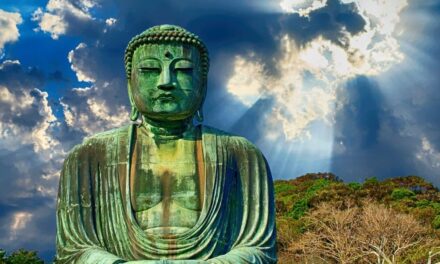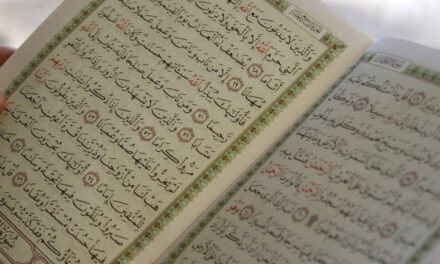Judaism is one of the oldest monotheistic religions, centered on the belief in one God and the covenant between God and the Jewish people. It is the foundation for both Christianity and Islam.
Key Beliefs
- Monotheism: Belief in one God (Yahweh), who is omniscient, omnipotent, and compassionate.
- Covenant: A special agreement between God and the Jewish people, beginning with Abraham.
- The Torah: The most sacred text, containing God’s laws and teachings.
- The Messiah: A future leader who will bring peace and restore Israel, yet to come according to Jewish belief.
Sacred Texts
- The Torah: The first five books of the Hebrew Bible, also called the Pentateuch.
- The Talmud: A collection of teachings, interpretations, and commentaries on the Torah.
- The Hebrew Bible (Tanakh):
- Torah: The Law.
- Nevi’im: The Prophets.
- Ketuvim: The Writings.
Branches of Judaism
- Orthodox Judaism: The most traditional branch, adhering strictly to Jewish law (Halakha) and customs.
- Reform Judaism: Modernized practices, adapting Jewish laws to contemporary life.
- Conservative Judaism: A middle ground between Orthodox and Reform, maintaining tradition while allowing for some modernization.
- Reconstructionist Judaism: Focuses on Judaism as an evolving cultural and spiritual tradition.
Core Practices
- Kosher Dietary Laws: Following specific dietary restrictions outlined in the Torah, such as avoiding pork and shellfish.
- Sabbath (Shabbat): A weekly day of rest and worship, beginning at sunset on Friday and ending at sunset on Saturday.
- Prayer: Daily prayers, with the most significant ones during the Sabbath and holidays.
- Circumcision: A ritual performed on male infants, symbolizing the covenant with God.
Major Holidays
- Rosh Hashanah: The Jewish New Year, a time for reflection and repentance.
- Yom Kippur: The Day of Atonement, the holiest day of the Jewish year, marked by fasting and prayer.
- Passover (Pesach): Commemorates the Exodus from Egypt, celebrated with a Seder meal and reading of the Haggadah.
- Hanukkah: The Festival of Lights, celebrating the rededication of the Second Temple in Jerusalem.
Symbols
- Star of David: A widely recognized symbol of Judaism and Jewish identity.
- Menorah: A seven-branched candelabrum used in the ancient Temple in Jerusalem; the nine-branched menorah (Hanukkiah) is used during Hanukkah.
- Mezuzah: A small scroll containing verses from the Torah, placed on doorposts of Jewish homes.
Places of Worship
- Synagogue: The Jewish house of worship and community gathering.
- Jerusalem: A central spiritual and historical city for Judaism, home to the Western Wall (the last remnant of the Second Temple).
Key Figures
- Abraham: Considered the founding patriarch of the Jewish people.
- Moses: Led the Israelites out of Egypt and received the Ten Commandments from God.
- David: The second king of Israel and a key figure in Jewish history.
- Rabbis: Jewish scholars and teachers responsible for interpreting the Torah and leading communities.
The Jewish Way of Life
- Halakha: Jewish law governing daily life, including ethical behavior, religious rituals, and interpersonal relationships.
- Tzedakah: Charity and social justice are central tenets, with an emphasis on helping those in need.
- Community: Jewish life revolves around the community, including family, religious observance, and shared cultural practices.
History of Judaism
- Diaspora: The spread of Jewish people beyond Israel, due to forced migrations and exile.
- Zionism: A modern movement advocating for the return of Jewish people to their homeland and the establishment of the State of Israel.




